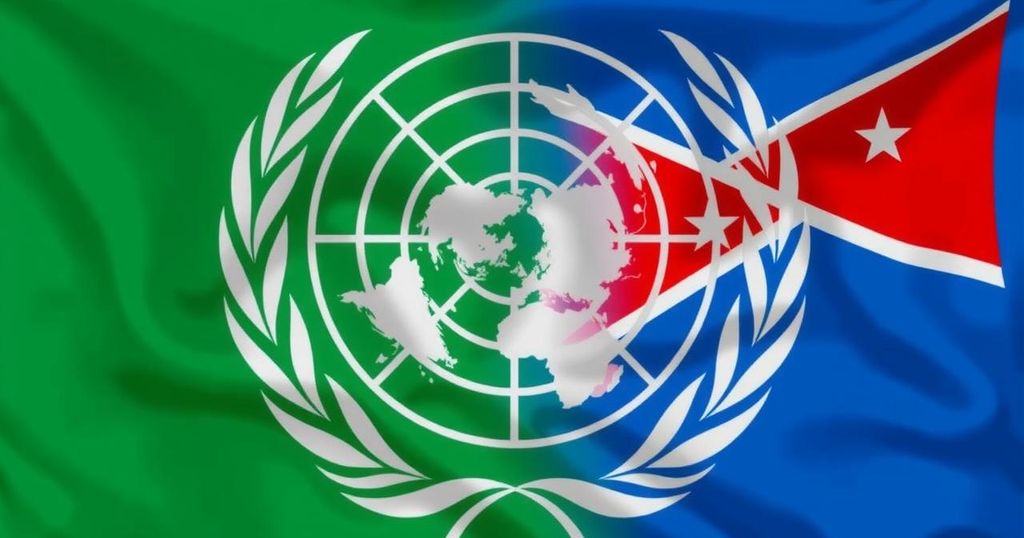Papua New Guinea’s Boycott of UN Climate Summit: A Stance Against Ineffective Negotiations

Papua New Guinea has declared its boycott of the upcoming UN climate summit, deeming it ineffective and a “waste of time” due to unfulfilled commitments from major polluters. The Foreign Minister criticized the reliance on consultants and highlighted the urgent need for substantial climate action, indicating a shift towards bilateral agreements for stronger climate partnerships.
Papua New Guinea has officially announced its intention to boycott the upcoming United Nations climate summit, expressing profound skepticism regarding the efficacy of the negotiations traditionally held at such gatherings. Foreign Minister Justin Tkatchenko has articulated the nation’s disappointment, labeling the summit a “waste of time” filled with insincere commitments from major industrial polluters. Despite the past criticism of the Conference of the Parties (COP), this overt rejection of the UN’s primary climate platform is notable. Tkatchenko stated, “There is no point going if we are falling asleep because of jet lag because we are not getting anything done.” He expressed frustration that promises made by large polluting countries often culminate in funds going to consultative organizations rather than tangible climate relief efforts. Papua New Guinea, home to one of the world’s most significant rainforest areas and recognized for its role as a crucial carbon sink, currently faces a perilous situation exacerbated by climate change. The country is especially vulnerable due to its geographic characteristics, economic challenges, and vulnerability to natural disasters. Tkatchenko expressed his country’s exhaustion with ineffective discussions, saying, “COP is a total waste of time” and reflected on the lack of progress over the past three years. Tkatchenko criticized the ineffective bureaucratic processes within the COP framework for rain-forest nations like Papua New Guinea, which suffer as a result of pollution emitted by larger nations. The deeply held sentiment of disillusionment regarding COP discussions is echoed by other nations within the Pacific region.
The decision by Papua New Guinea to boycott the UN climate summit comes in the context of increasing global concern over climate change and the measures taken—or not taken—by nations to combat its effects. The COP conferences aim to facilitate international cooperation and commitment to reducing greenhouse gas emissions, yet criticisms have arisen due to perceived inaction, particularly by major polluters. This sentiment has been largely fueled by the history of unfulfilled promises and bureaucratic inefficiencies that plague the allocation of climate adaptation funds. Many developing countries, especially those most at risk, feel they are not receiving the necessary support or recognition. As the world grapples with the repercussions of climate-related disasters, the effectiveness and credibility of international climate conferences are increasingly under scrutiny.
In summary, Papua New Guinea’s decision to withdraw from the upcoming COP29 summit underscores a growing discontent with the current UN climate negotiation framework. This stance reflects a broader dissatisfaction with the lack of meaningful progress and real action from major polluting countries. Tkatchenko’s emphasis on exploring bilateral agreements with nations like Singapore underscores a shift towards seeking direct partnerships that might yield more immediate benefits for climate action, particularly for vulnerable countries. The increasing frustration within the Pacific region may signal a turning point in how smaller nations engage with international climate discussions.
Original Source: www.voanews.com





